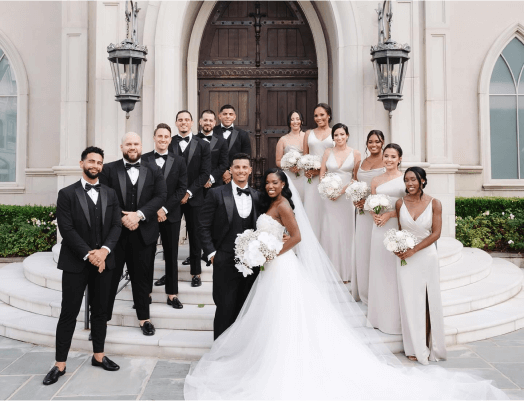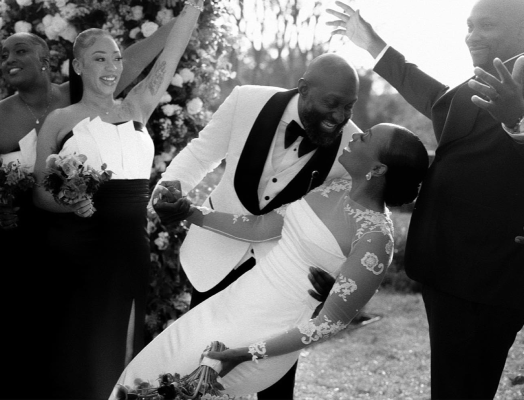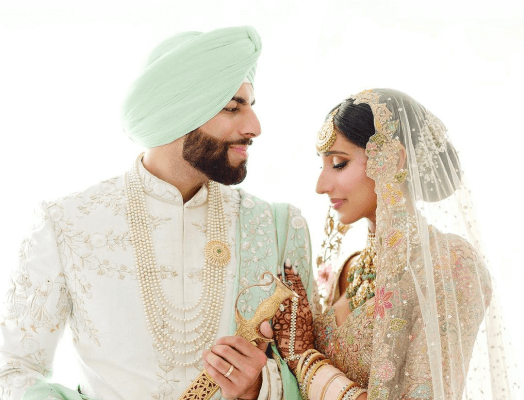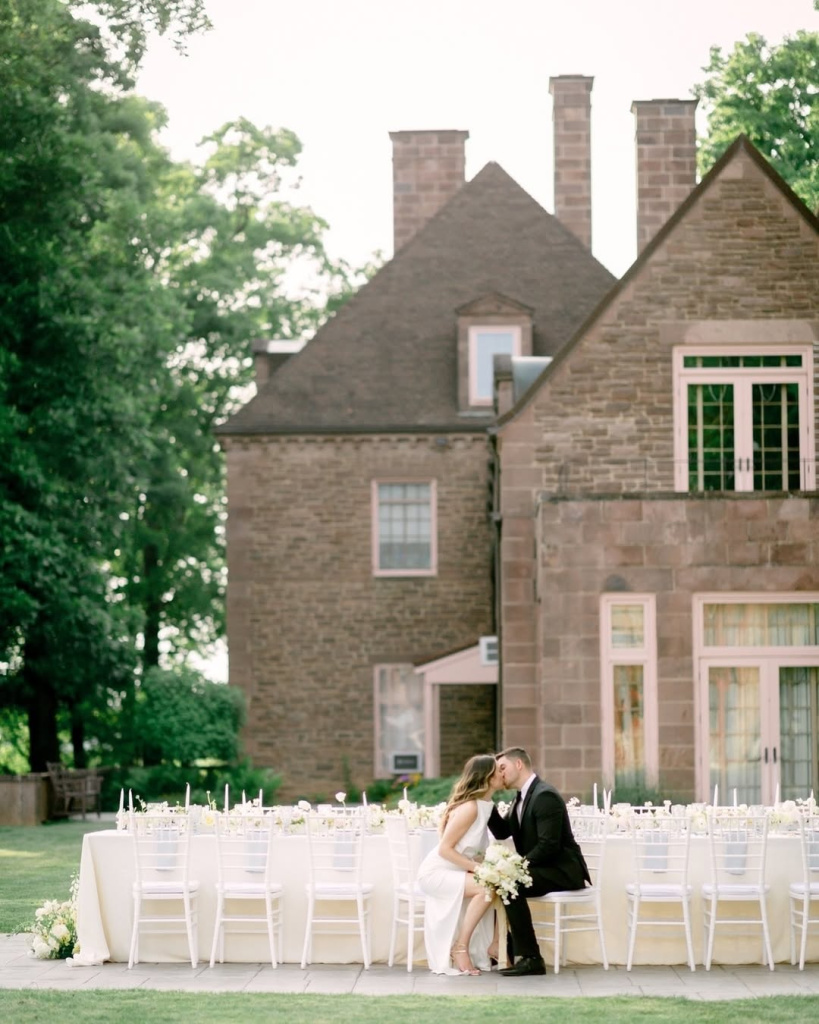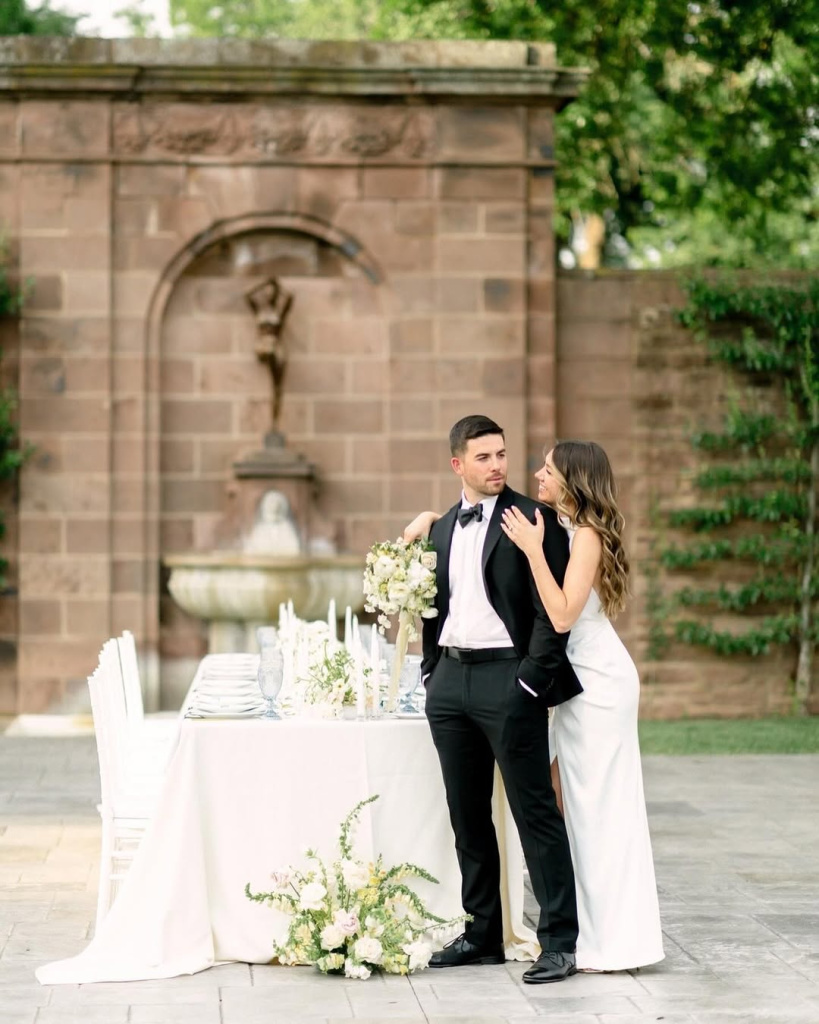Your Complete Guide to Premarital Counseling
- Author: Natali Grace Levine
- Reading time: 6 min 12 sec
- Publication date: 09/05/2024
- Updated: 08/02/2025
Welcome to the exciting journey of marriage preparation! If you're gearing up to tie the knot, consider premarital counseling as your personal toolkit, ensuring your partnership is as strong as it can be right from the start. Despite what you might think, this isn’t just another box to tick off. Premarital counseling is a strategic move endorsed by countless psychological and psychiatric studies, revealing that couples who undergo this process significantly boost their marital satisfaction and reduce divorce rates.
This guide isn’t about ticking off boxes; it’s about giving you and your partner the best start in your lifelong adventure together. So, let’s demystify premarital counseling, explore its profound benefits, and help you find the right counselor to set the foundation for a healthy, joyful marriage!
Find Your Perfect Wedding Vendors
What is Premarital Counseling?


Premarital counseling is a specialized form of therapy designed to help couples enhance their readiness for marriage. This therapeutic approach provides a safe space for both partners to explore important aspects of their relationship under the guidance of a professional counselor. The goal is to strengthen bonds, improve communication, resolve conflicts, and set realistic expectations for married life.
During these sessions, couples can discuss various important topics such as financial management, intimacy, belief systems, family relationships, and roles within the marriage. The process involves structured conversations, activities to foster better understanding, and sometimes, assessments or quizzes to help identify areas where more attention might be needed.
A memorable example of premarital counseling in popular media is found in the TV show Modern Family, where the characters Mitch and Cam go through counseling before their wedding. Their session humorously highlights typical topics that might be discussed in real-life counseling, like household responsibilities, handling of finances, and expectations of support from a partner. Though portrayed with a comedic twist, it underscores the importance of discussing these foundational topics before marriage. The couple uses the opportunity to voice their concerns and expectations, providing a realistic look at how premarital counseling can help strengthen a relationship before the couple walks down the aisle.
Is Premarital Counseling Required?

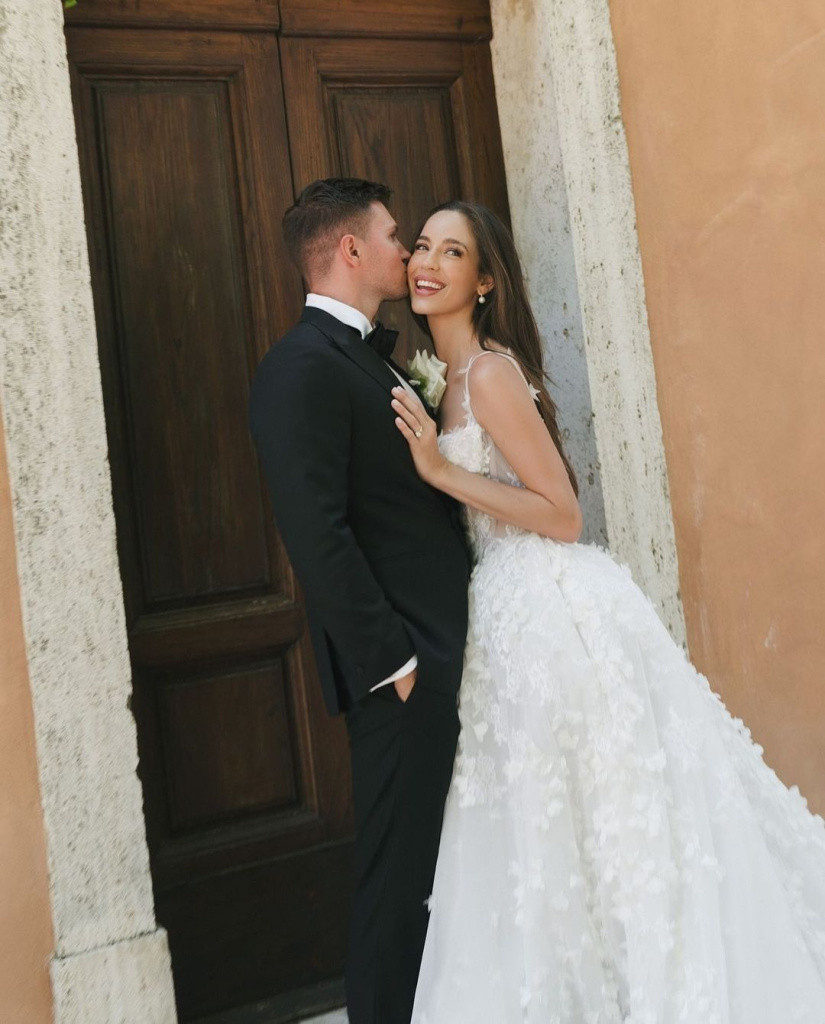
Premarital counseling, while not a legal requirement for marriage in most places, is strongly recommended and often required by various religious institutions as part of the marriage preparation process.
Christianity
In many Christian denominations, particularly within Catholicism, premarital counseling with a pastor is mandatory. Couples wishing to get married in a Catholic church are required to complete a pre-marriage preparation course, often referred to as "Pre-Cana." This program covers various topics including the sacramental nature of marriage, communication, conflict resolution, parenting, and finances. Protestant denominations also frequently offer or require marriage preparation classes, focusing on building a marriage that aligns with Christian values and teachings.
Judaism
In Judaism, while premarital counseling is not mandated by religious law, it is highly encouraged and often facilitated by the rabbi who will officiate the wedding. This counseling might focus on the roles and responsibilities of spouses within a Jewish marriage, as well as discussions about Jewish home life, values, and the laws of family purity. The approach can vary significantly between different branches of Judaism, from more liberal to very orthodox practices.
Islam
Islamic tradition encourages premarital counseling, though it varies widely depending on cultural practices and the local religious leaders’ interpretations. Counseling often includes discussions about the rights and responsibilities of the husband and wife under Islamic law, family planning, and how to handle conflicts in a marriage. Some communities offer structured sessions led by an Imam or other community elder, focusing on preparing the couple to fulfill their roles as partners in a way that is pleasing to Allah.
Hinduism
Hindu premarital counseling is not universally required but is becoming more popular, especially in urban areas and among diaspora communities. When offered, it often includes discussions on adjusting to marital life, managing finances together, and the roles of spouses in a traditional Hindu family. The counseling might be informal and conducted by elder family members or more formal sessions led by a priest or marriage counselor.
Buddhism
In Buddhism, the approach to premarital counseling can vary greatly, but it generally focuses on understanding the nature of attachment, compassion, mutual respect, and mindfulness in the context of a marriage. While not required, many Buddhist couples choose to undergo counseling to better understand how Buddhist teachings can help them maintain a harmonious relationship.
When to Start Premarital Counseling
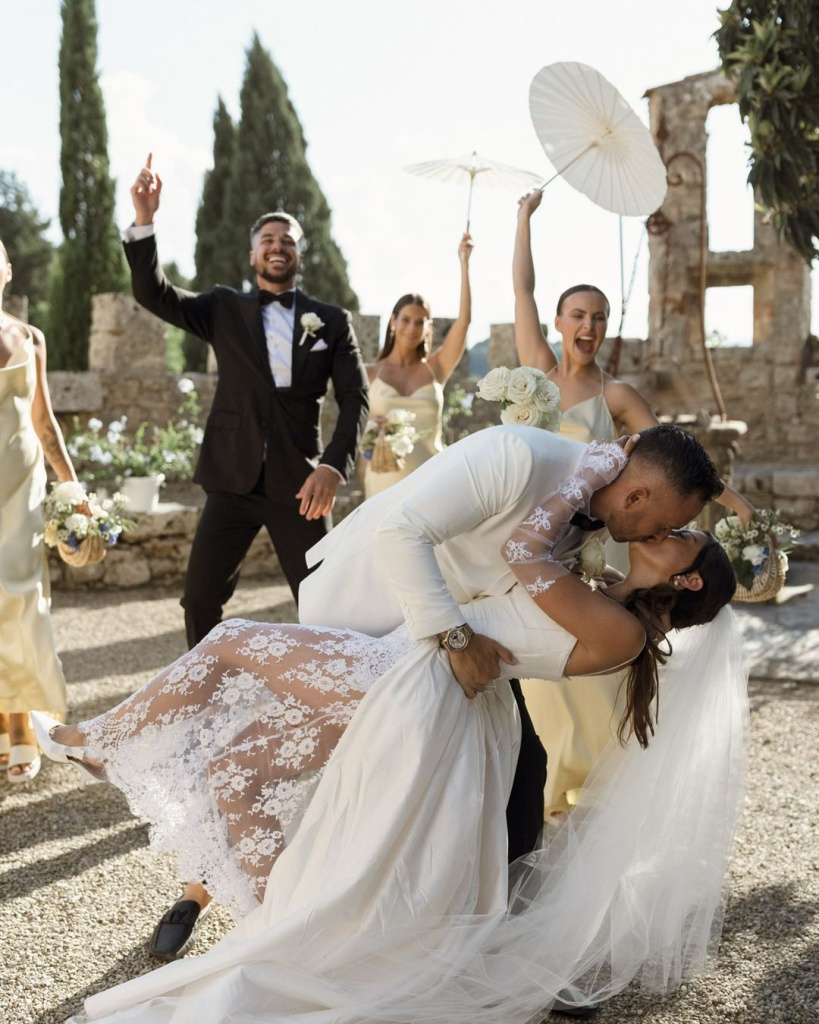

Deciding when to begin premarital counseling is a crucial step for engaged couples. The timing can significantly influence the effectiveness of the sessions and how well the couple integrates the insights and skills learned into their relationship.
Ideal Timing
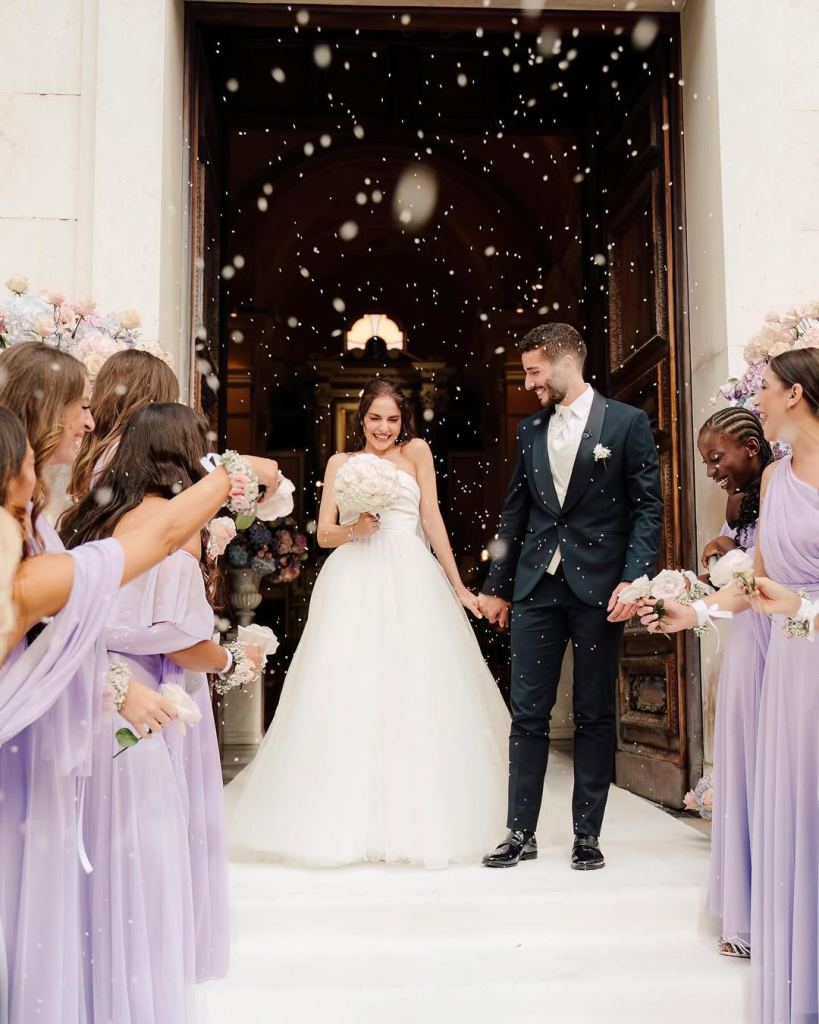

The most beneficial time to start premarital counseling is after the engagement and before the wedding. Specifically, starting counseling 6 to 12 months prior to the wedding is generally advised. This timing allows couples to explore and address various aspects of their relationship well before the actual wedding day, giving them ample opportunity to apply what they learn and make necessary adjustments in their relationship.
Reasons for Early Engagement

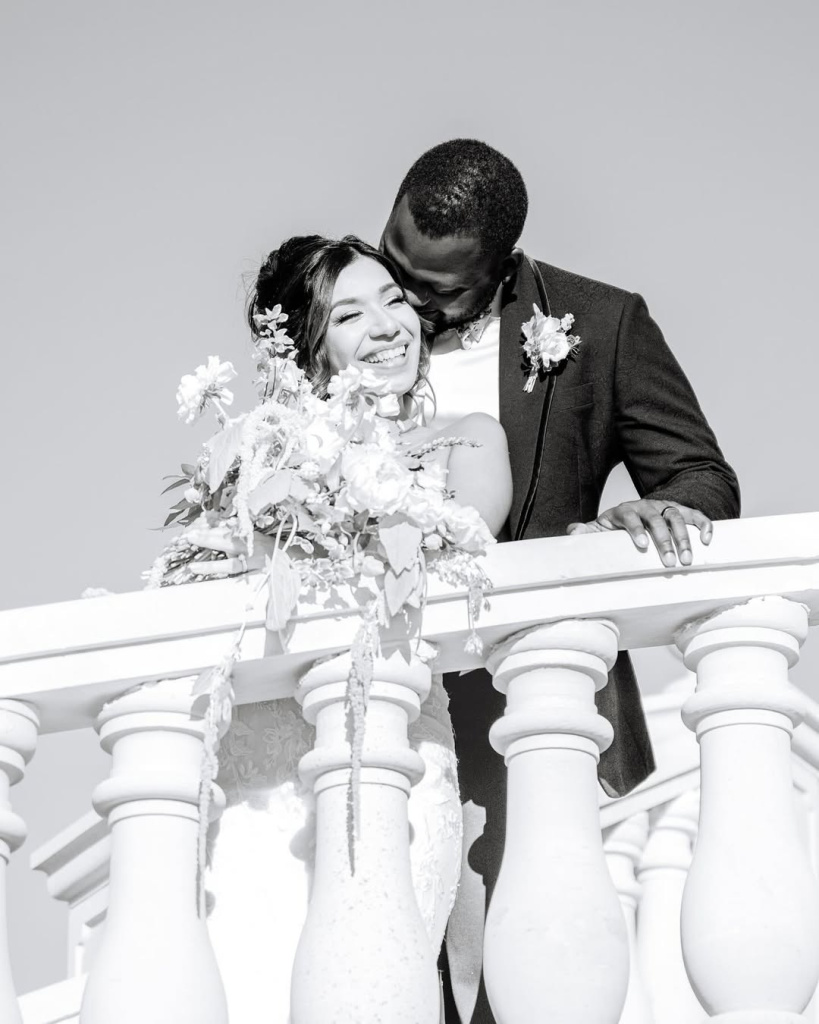
- Understanding Expectations: Early counseling helps partners articulate and understand each other's expectations about marriage, which can prevent misunderstandings and conflicts later on.
- Skill Development: Couples have the time to develop and refine key relationship skills such as communication, conflict resolution, and financial management. These skills are crucial for navigating the stresses of wedding planning and married life.
- Stress Management: Wedding planning can be a stressful time. Starting counseling early helps couples establish healthy ways to manage stress and support each other, preventing the buildup of resentment or burnout.
- Addressing Concerns: If there are any significant issues or concerns in the relationship, early counseling provides a safe space to address them. This proactive approach can resolve potential obstacles before they become entrenched problems.
Aligning with Life Events
It’s also wise for couples to consider their own unique timelines and significant life events when scheduling premarital counseling. For instance, if a couple plans to move in together, start a new job, or relocate to a new city around the time of their wedding, they might benefit from starting counseling even earlier to navigate these transitions smoothly.
What to Expect in Premarital Therapy


Premarital counseling offers a unique opportunity to dive deep into the dynamics of your relationship with professional guidance. Here's a list of topics and activities you can expect during these sessions:
- Communication and Conflict Resolution: Engage in exercises that enhance communication skills, promote open and honest dialogue, and teach strategies for resolving disputes in a healthy way.
- Exploring Financial Expectations: Discuss individual and collective financial beliefs and practices, including budgeting, debt management, and planning for the future to prevent common sources of stress.
- Discussing Roles and Responsibilities: Explore expectations around roles and responsibilities within the marriage, from daily tasks to work-life balance decisions.
- Intimacy and Connection: Cover aspects of physical and emotional intimacy to ensure comfort and connectedness in both physical and emotional relationships.
- Family Planning and Parenting: For those planning to have children, discuss parenting styles, family planning, and adjustments to family life.
- Personal and Shared Goals: Discuss personal aspirations and mutual objectives to foster a supportive environment where both partners work towards common goals.
According to relationship experts, one of the key benefits of premarital counseling is its ability to uncover and address hidden expectations and assumptions that can cause issues later in marriage. Experts suggest that "many couples don't realize they have different expectations about marriage until they're in the thick of it. Premarital counseling opens up these conversations early, setting the stage for a more understanding and cooperative relationship."
Finding the Right Premarital Counselor

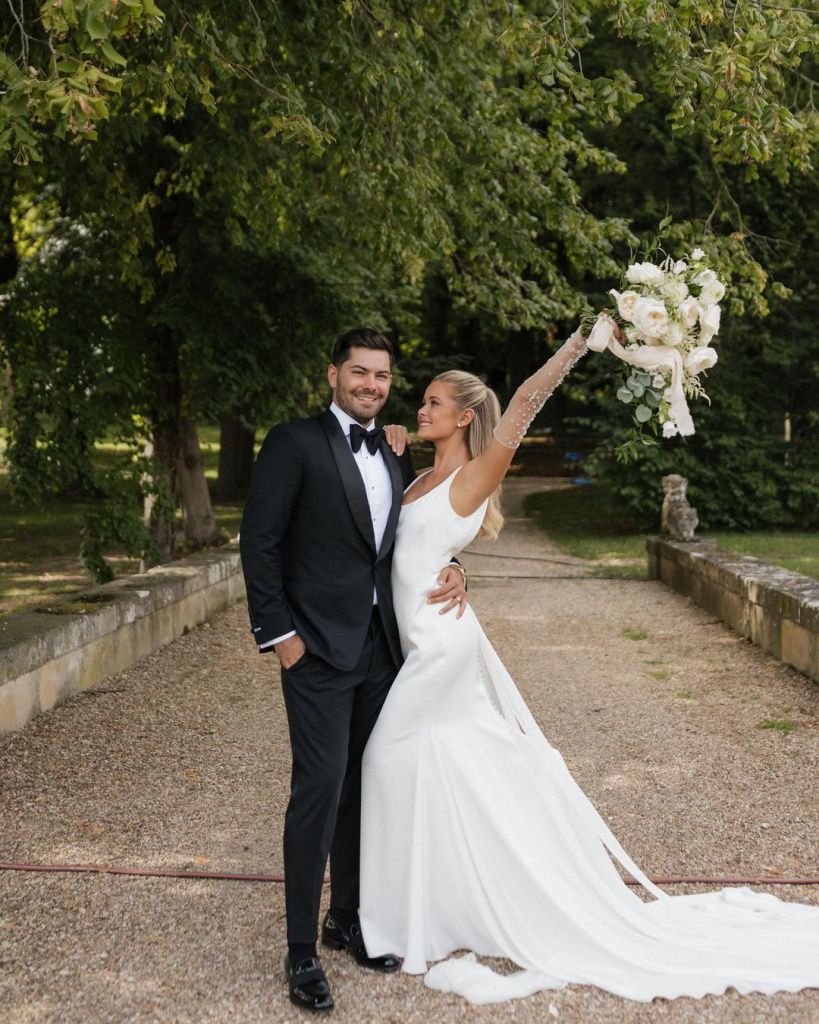
Selecting the right premarital counselor is an important step in setting up your counseling experience for success. Here are some steps to help you find a counselor who meets your needs:
- Research Credentials: Look for a counselor with specific training and accreditation in marital therapy or couples counseling. Credentials from recognized psychological associations can be a strong indicator of a counselor's expertise.
- Consider Specializations: Some counselors might specialize in certain areas, such as communication issues, financial planning, or blended families. Choose a counselor whose expertise aligns with the specific needs or concerns of your relationship.
- Seek Recommendations: Ask friends, family, or healthcare professionals for recommendations. If you are part of a religious community, you can also ask for referrals from your religious leader.
- Check Reviews and Testimonials: Online reviews and testimonials can provide insight into a counselor’s style and effectiveness. Look for feedback from couples who have had similar backgrounds or issues.
- Schedule Consultations: Most counselors offer initial consultations, which can be a great opportunity to assess whether their style and approach fit your preferences. Use this time to ask about their methods, session structure, and what they expect from their clients.
- Discuss Fees and Logistics: Understand the counselor's fees, session lengths, and cancellation policies. Also, consider the location and availability to ensure they fit your schedule and budget.
- Evaluate Comfort Level: It’s crucial that both you and your partner feel comfortable and understood by the counselor. Trust and openness are key to effective premarital counseling, so choose someone with whom you both can connect and communicate openly.
By following these steps, you can find a premarital counselor who not only meets your qualifications but also resonates with both partners, creating a conducive environment for effective counseling.







